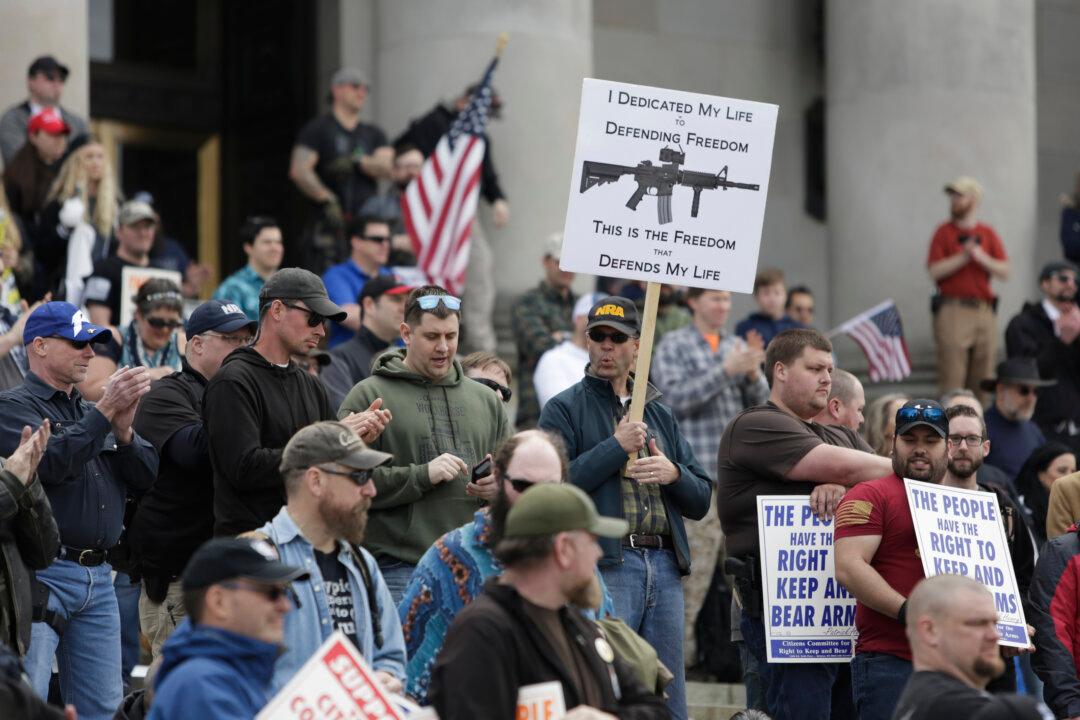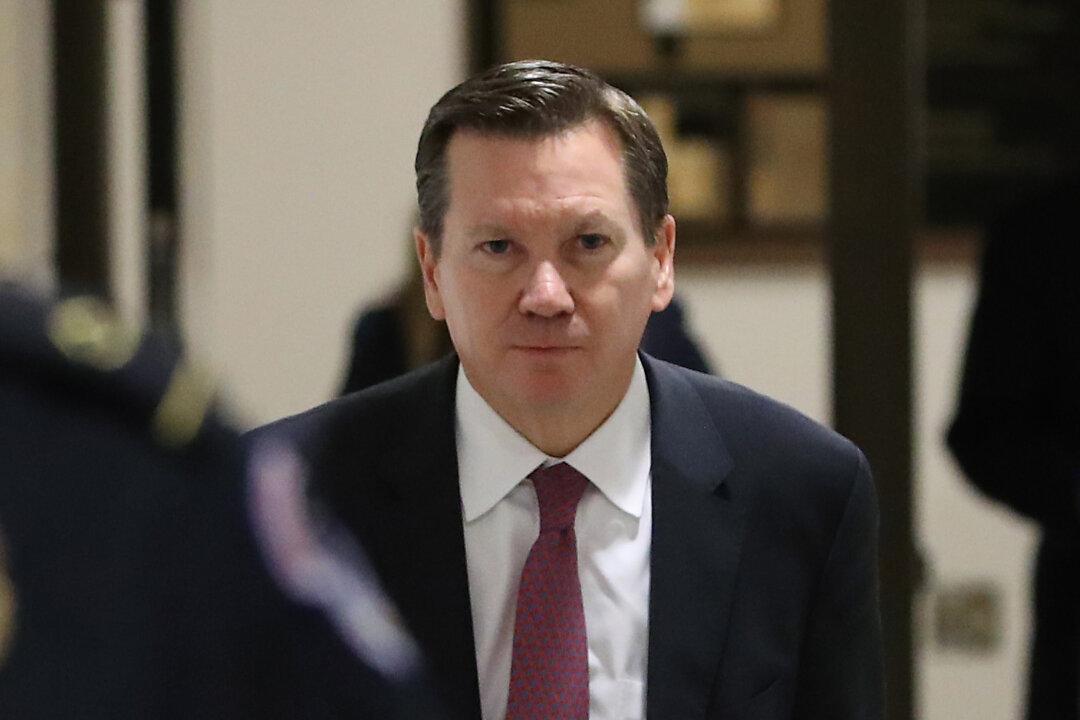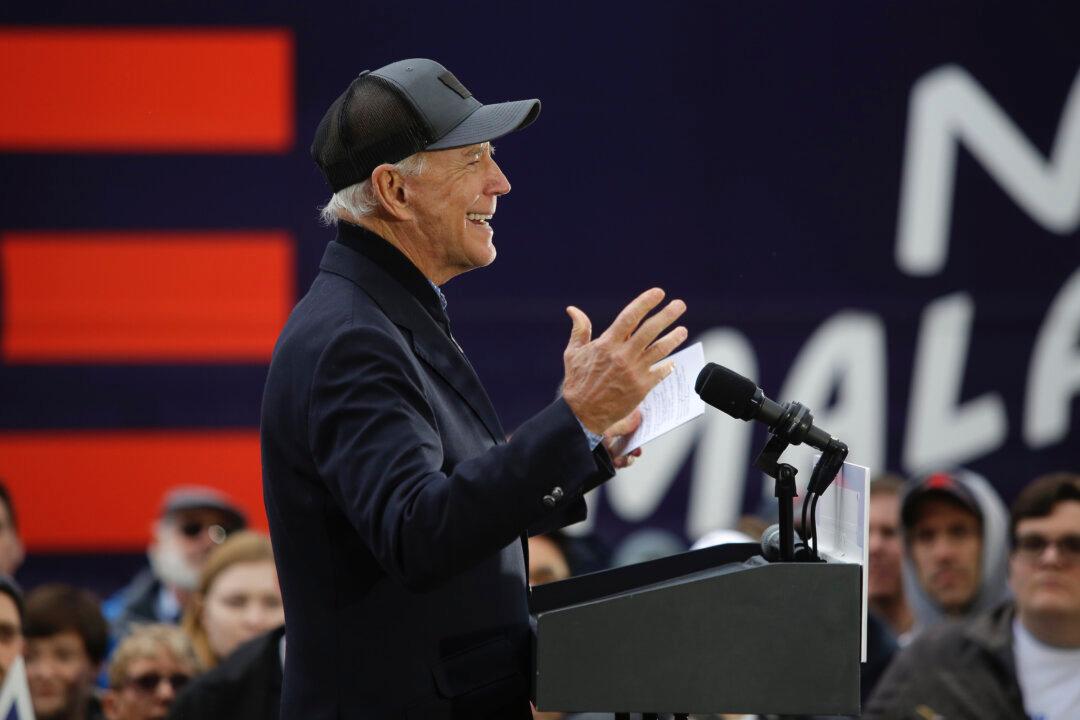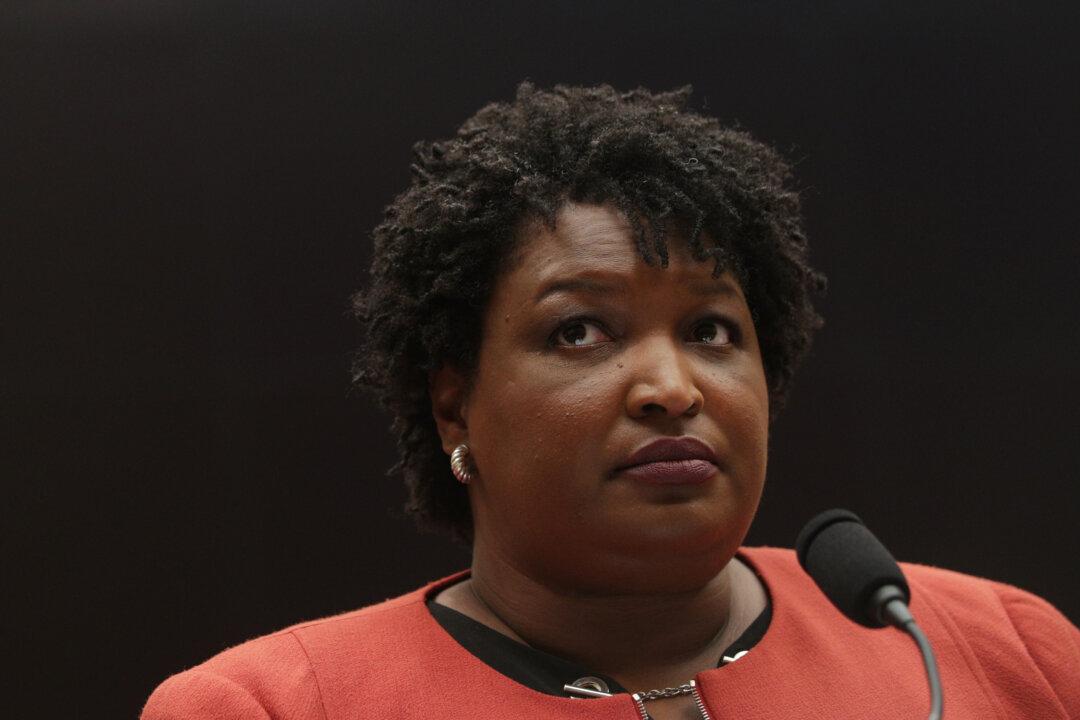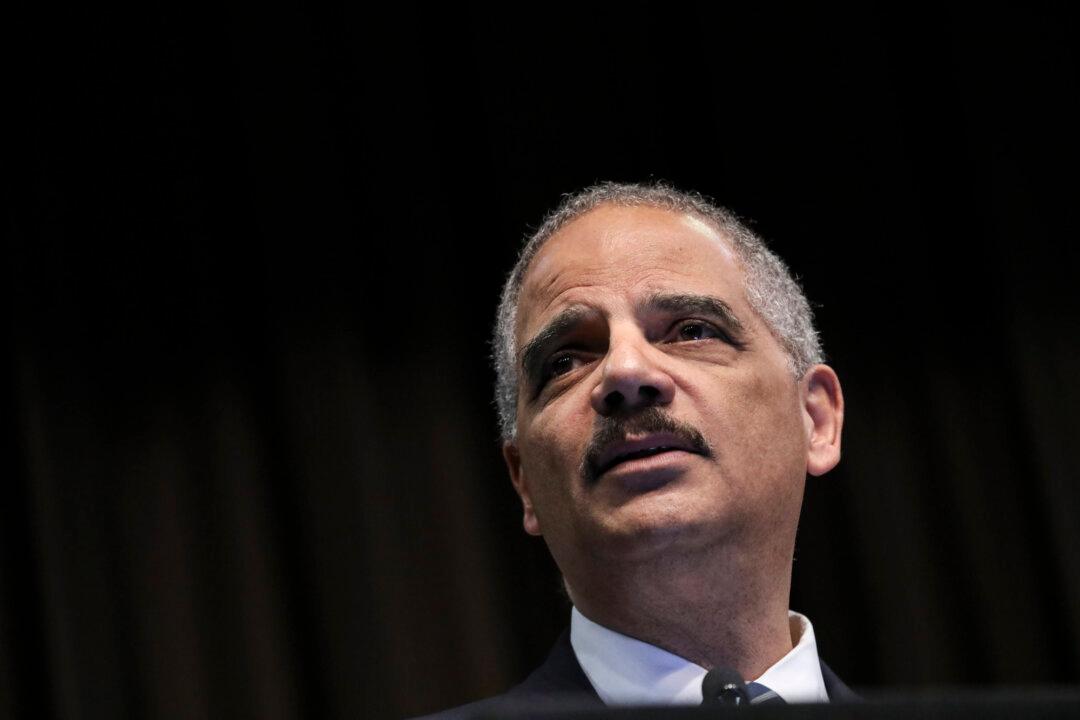As the one-year anniversary of the tragic Parkland, Florida, school shooting approaches, Democrats and gun control activists are making a concerted effort to pass strict new gun laws.
On Feb. 14, 2018, Nikolas Cruz allegedly opened fire at his former school, Marjory Stoneman Douglas High School in Parkland, killing 17 students and school staff members, and injuring 17 others. The shocking carnage and innocent loss of life marked the deadliest school shooting in the nation’s history.
